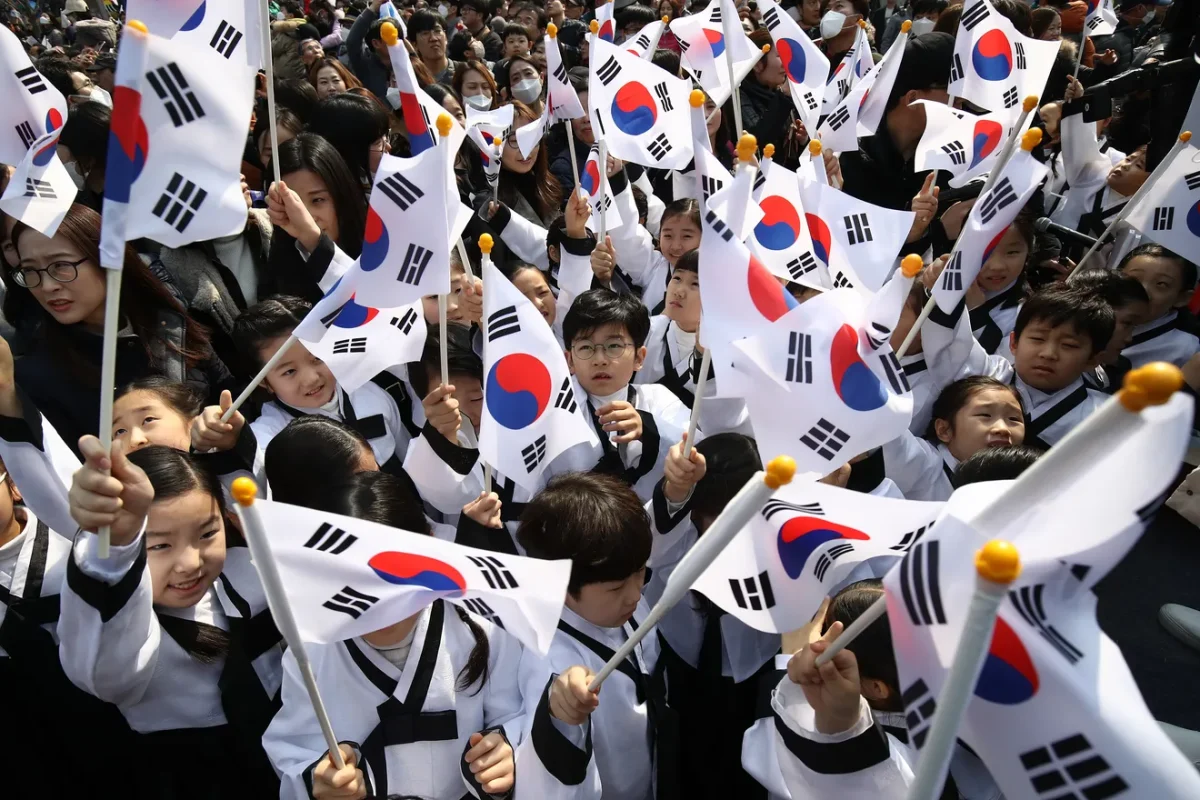Watching the news of the sheer number of people traveling to Japan on Samil Day, one can only imagine whether those same travelers are aware of the historical context behind Samil Day. Even within SIS, some students simply take Samil Day as an extended weekend. So what is the significance of Samil Day?
The origins of Samil Day, or the Korean Independence Movement Day, trace back to 1919 during the Japanese occupation of Korea. Activist Jeong Jae-Yong read out the Declaration of Independence to thousands of Koreans. Shortly after, Koreans initiated the protest movement against Japanese rule by collectively marching out on the streets of Seoul.
The movement continued nationwide and even overseas with Korean activists outside of Korea. By the end of the movement, nearly two million Koreans had joined in the effort for independence.
While the movement did not allow Korea to gain autonomy, it still holds great significance. The movement was the largest in Korean history, one of the first in Korea led by citizens, kickstarting the Provisional Government of Korea during Japanese colonial rule.
The impact Koreans made on Samil Day is recognized through its designation as a National Celebration Day. Some argue that people should not judge or criticize how others decide to spend Samil Day. After all, in an overworked society, resting days are already quite rare.
Yet consider how other countries celebrate their independence. In the United States, fireworks and American flags are a common sight. A significant number of Ukrainians rally in the streets of Kyiv with their national flag. Samil Day’s importance is akin to Independence Day’s, yet Korean flags are a much rarer sight.
There is no reason to force people to celebrate Samil Day with specific activities; it defeats the original protestors’ spirit of joining the movement out of free will. Yet, as Korean students in an international school, it is ironic that we can describe America’s independence far better than our own country’s. As we take a break from our school lives, we students should at least be aware of what our ancestors did for us to enjoy leisure on March 1st.


